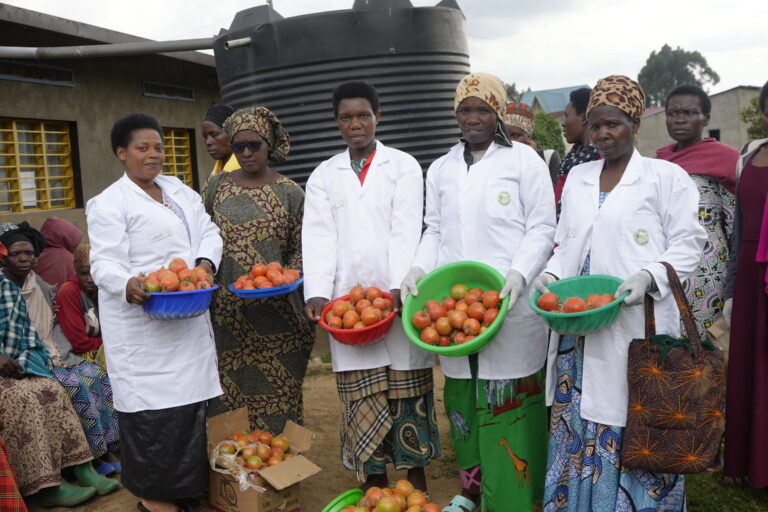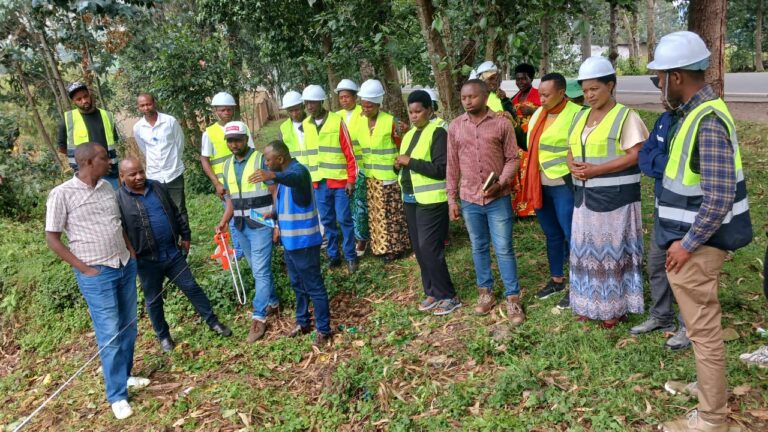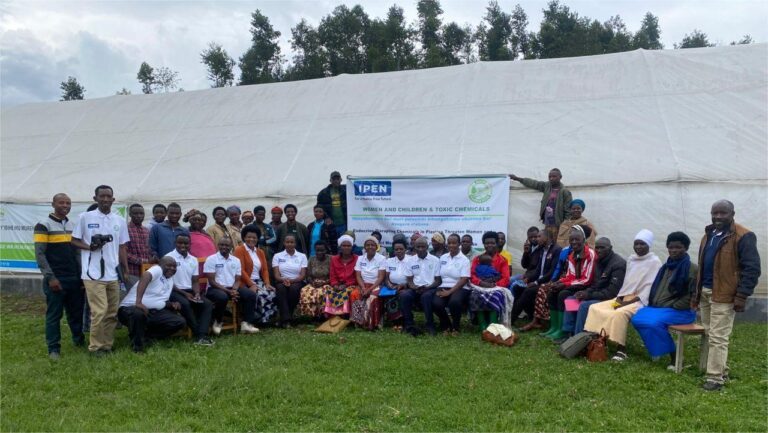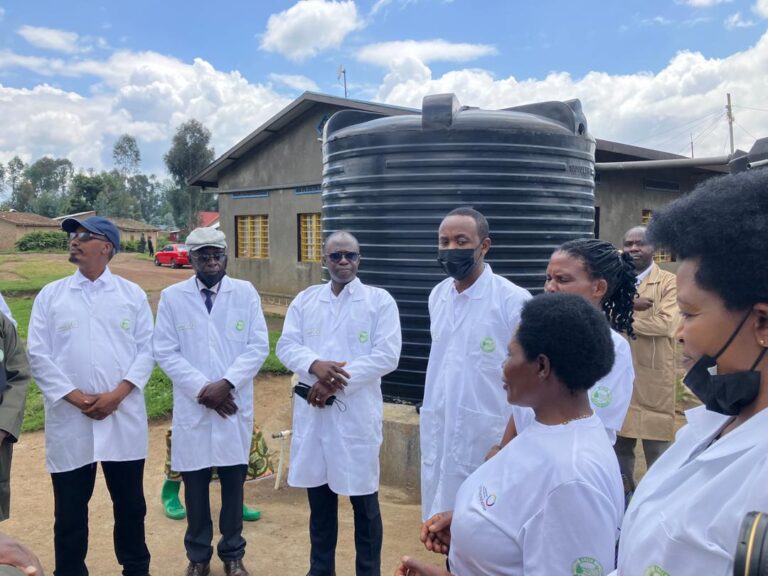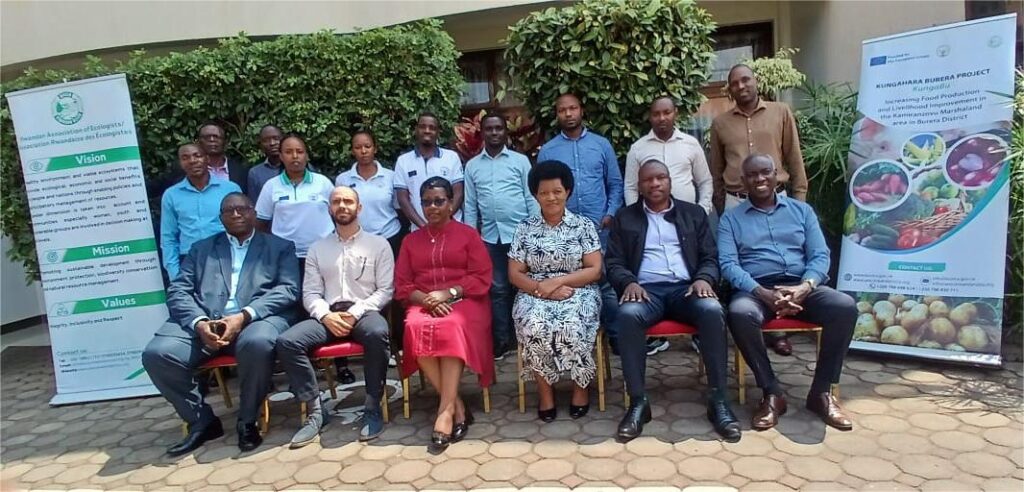
On the 24th July 2025, at the Five to Five Hotel in Kigali, a validation meeting was held for the feasibility study of a proposed solar-powered irrigation system in Butaro, Burera District. The study, a key component of the European Union-funded project known as “KUNGAHARA Burera” or simply “KungaBu,” is part of a broader three-year initiative aimed at increasing food production and improving livelihoods in the Kamiranzovu marshland area. The project is being jointly implemented by Burera District and ARECO-RWANDA NZIZA.
The core objective of the meeting was to review the final report of the feasibility study and provide a platform for feedback and discussion. Most importantly, it served as the official forum for the validation of the study’s findings and recommendations.
The session was opened by Ms. Soline Mukamana, Mayor of Burera District, who welcomed participants and expressed her appreciation for the European Union’s continued support. In her remarks, she emphasized the strong alignment of the project with Rwanda’s National Strategy for Transformation (NST2), particularly in the area of climate-resilient agriculture.
Mr. Emile Nsengumuremyi from ECORDECO Ltd, the firm contracted to carry out the study, presented the key findings. The study explored several technical alternatives for irrigation and concluded that the most viable option would be to abstract water from the downstream Kamiranzovu marshland using a solar-powered pumping system. This solution, he explained, would ensure consistent water access for farming without straining freshwater resources or disrupting local ecosystems.
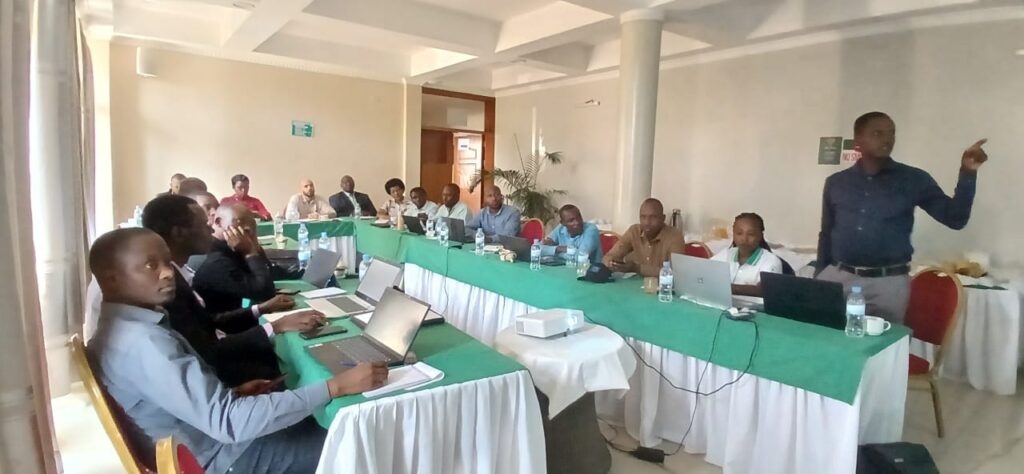
Following the presentation, participants engaged in a discussion on the report’s recommendations and implementation considerations. Several important points were raised, including the need to review market prices to maintain cost-efficiency, and the importance of engaging the Ministry of Agriculture and Animal Resources (MINAGRI) for potential budget support or subsidy mechanisms. The meeting also underscored the need for strong community involvement throughout the project lifecycle and recommended the development of training materials alongside capacity-building sessions to ensure that farmers are well-prepared to use and maintain the new system.
The feasibility study was formally validated, with stakeholders endorsing the proposed solution. In a strong show of local commitment, Mayor Mukamana pledged to integrate the irrigation initiative into Burera District’s Imihigo (performance contracts), while ARECO reaffirmed its commitment to implement the project in accordance with the discussed roadmap.
In addition to the Mayor, Burera District was also represented by other senior officials from its leadership, including the Vice Mayor in charge of Social Development, signaling the district’s deep commitment to advancing climate-smart agriculture. ARECO participated through its national coordination team, with the Vice-Chair Mr. Balthazar Twagilimana and the National Coordinator Ms. Dancilla Mukakamari present, along with staff from the KungaBu project team. The European Union delegation was also represented, including Mr. Gomez-Reino Herrero Yago, reinforcing the EU’s strategic investment in rural resilience. The Rwanda Agriculture and Animal Resources Development Board (RAB) joined as a key national stakeholder, providing technical insights aligned with national agricultural priorities.
With the feasibility study now validated and local support firmly in place, the KungaBu project moves into its next phase—bringing a transformative irrigation system to 20 hectares of hillside farmland in Biyove Village. This initiative represents not only a step toward increased agricultural productivity but also a model for environmentally conscious development across Rwanda.

